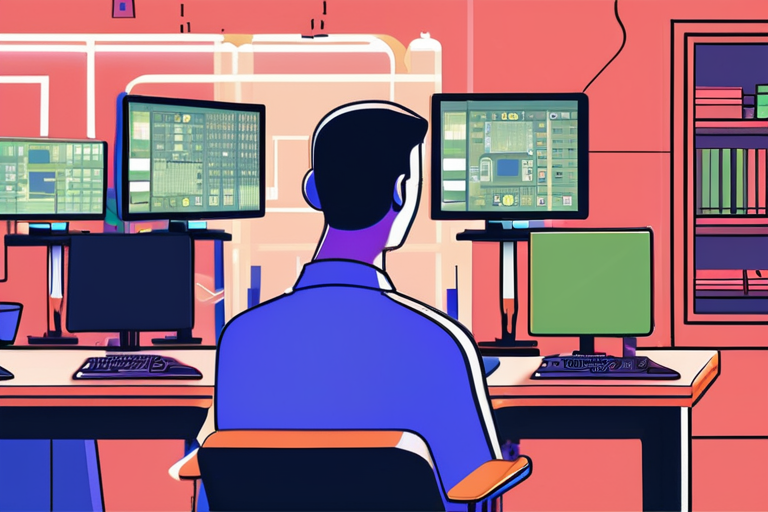OpenAI Execs Dispute Government Bailout, Highlighting Industry's Financial Challenges
In a recent post on X, OpenAI CEO Sam Altman expressed his reluctance to accept government backing for the company's infrastructure loans, contradicting comments made by CFO Sarah Friar earlier in the week. Friar had suggested that the US government should provide a guarantee for the company's loans, which would make them cheaper and ensure access to the latest chip technology.
According to Altman, OpenAI has accrued $1.4 trillion in data center build-outs and usage commitments this year, with a revenue run rate of $20 billion annually. This significant financial burden has sparked concerns about the company's ability to sustain its growth and maintain its competitive edge in the AI industry.
The financial details of OpenAI's infrastructure commitments are staggering. The company's data center build-outs and usage commitments have reached a total value of $1.4 trillion, with a significant portion of this amount being spent on the latest chip technology. This is a substantial investment, considering OpenAI's annual revenue is currently at a $20 billion run rate.
The market impact of OpenAI's financial challenges is significant, as the company's struggles could have far-reaching implications for the AI industry as a whole. The AI market is expected to continue growing rapidly, with some estimates suggesting it will reach $190 billion by 2025. However, the financial constraints faced by companies like OpenAI could hinder this growth and limit the development of more advanced AI technologies.
OpenAI is a leading player in the AI industry, with a focus on developing and deploying large language models. The company's technology has been widely adopted in various industries, including healthcare, finance, and education. However, the company's financial challenges have raised concerns about its ability to sustain its growth and maintain its competitive edge in the industry.
Looking ahead, the future of OpenAI and the AI industry as a whole remains uncertain. While the company's financial challenges are significant, they also present an opportunity for innovation and growth. As the industry continues to evolve, it is likely that new business models and technologies will emerge to address the financial constraints faced by companies like OpenAI.
In a statement, Altman emphasized the importance of private sector investment in the AI industry, saying that government backing would undermine the company's ability to innovate and compete in the market. This stance reflects the company's commitment to maintaining its independence and autonomy in the face of growing financial challenges.
Ultimately, the outcome of OpenAI's financial struggles will have significant implications for the AI industry and the broader tech ecosystem. As the company navigates this challenging landscape, it will be interesting to see how it adapts to the changing market conditions and emerges as a leader in the industry.



























Share & Engage Share
Share this article